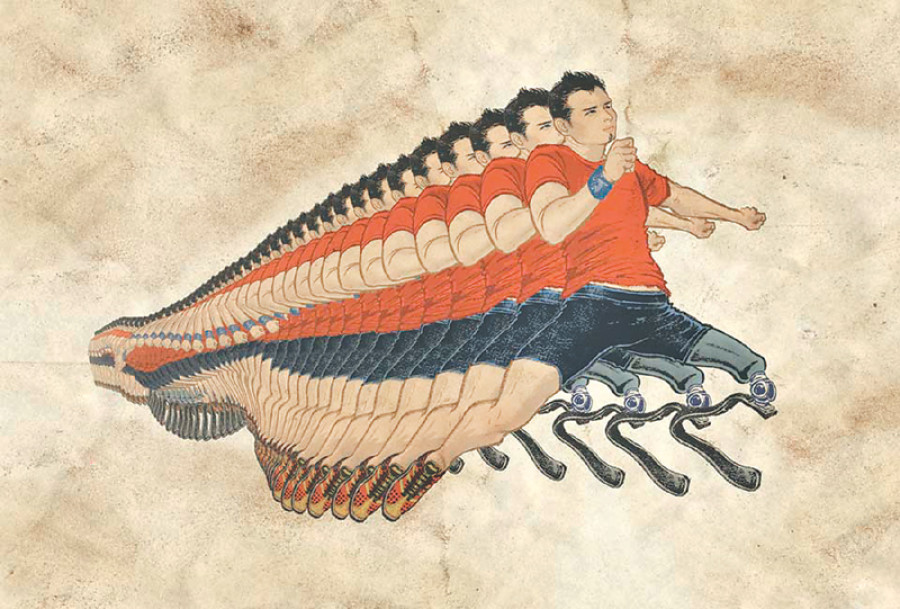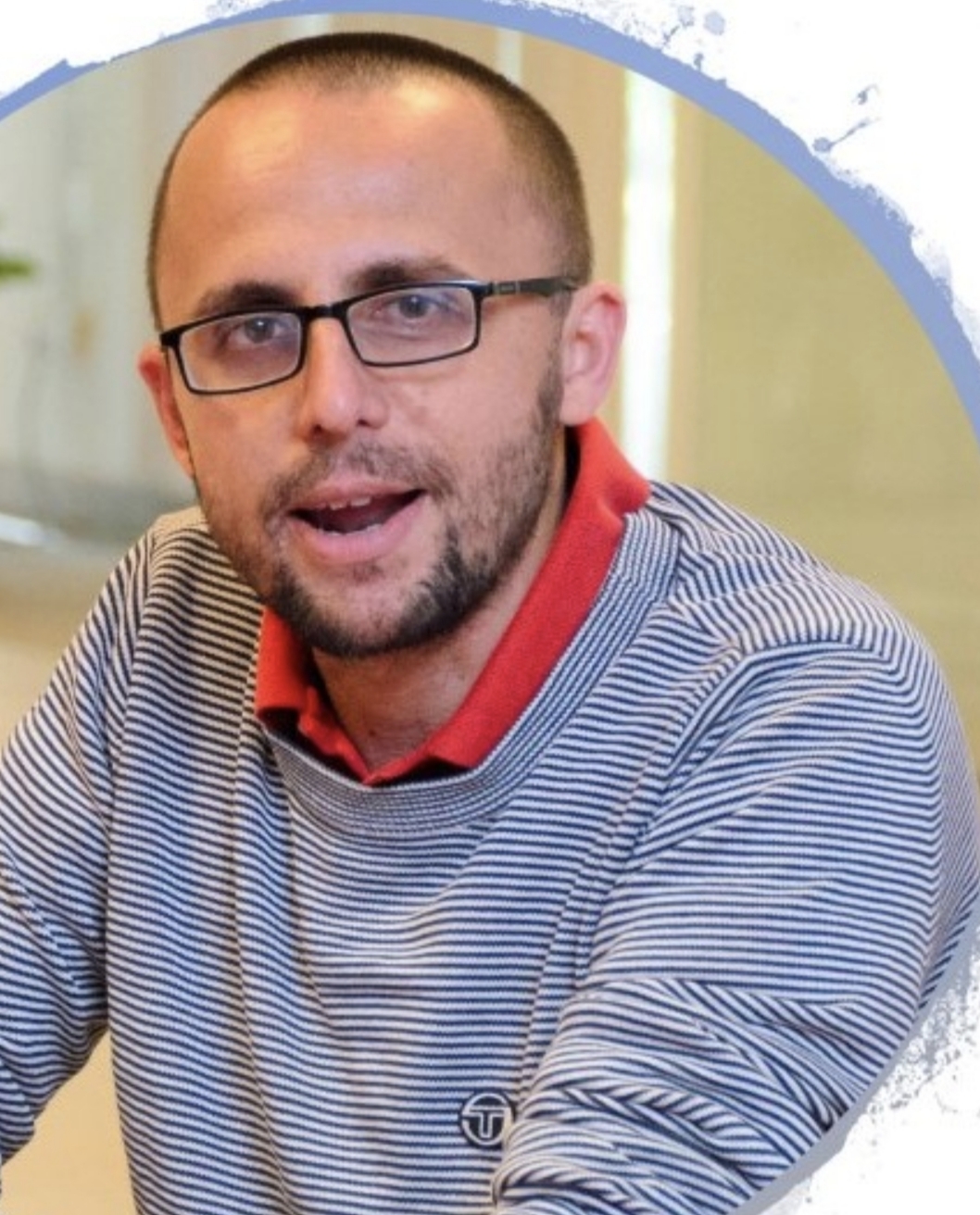Opinion
Blades of gold
Recognising persons with disabilities in the sport sector would be a positive step towards their inclusion in society
Simone Galimberti
With the Paralympics Games starting in Rio de Janeiro today, it is an important day not only for people living with disabilities but for the entire sports community. With thousands of athletes representing more than 170 countries and competing for hundreds of medals, the event is going to create a global “buzz” with millions of people watching the competitions online and on TV.
However, Nepal will have a very small representation. In comparison with other participating nations, the number of our athletes is low—a testimony of the dismal status of disability sports in Nepal. But no one should be surprised about this, given that we still have two Paralympics Committees (while the two National Olympic Committees were able to set aside their rivalries and finally merge) and there is poor coordination among the stakeholders and the various NGOs promoting inclusive sport practices.
Negatives and positives
Perhaps this gloomy scenario is a mere reflection of the current status of disability in Nepal. Despite a vibrant movement led by persons living with disabilities, disability is still not mainstreamed in the national development discourse. It is not just a matter of more resources that certainly must be allocated, but also about putting a stronger system in place to chart a set of actions to promote the understanding of disability. Provisions in the budget allocating higher monthly allowances for persons living with disabilities remain uncertain. Ensuring that the resources will be utilised to improve the living conditions of thousands of people with disabilities is going to be a tough fight.
Playing sports has a powerful impact on the lives of millions of persons with and without disabilities. The United Nations has a dedicated office on Sport for Development and Peace and it fully recognised sports in the 2030 Agenda for Sustainable Development, directly acknowledging what sports can do to promote development. Surely, the UN and other donors could do more locally to boost sports for development and peace. Of course, some homework must be done before
allocating resources as many challenges persist to empower people with disabilities through sports.
At the same time, we do have something to celebrate the occasion. After all, we have a strong intellectual disability sport movement represented by the Special Olympics Nepal that has been mobilising thousands of volunteers throughout the nation, and secured quite a few medals in the Special Olympics Game in Los Angeles last year. We also have a growing wheelchair basketball movement with the recently concluded Turkish Airlines Empowering League.
Work to be done
Yet despite these positives, the glass is still less than half-empty. Unless a concerted effort is put, we will continue to deprive ourselves of one of the best tools to make the country more inclusive and just.
There is an urgency to set aside egos and rivalries to forge a unified National Paralympics Committee based on transparency and long-term vision, which can steer the inclusive sport movement forward. The National Olympic Committee can help mediate among the parties. After all there is no doubt that all the members of both the existing committees share the same passion for sports and social inclusion.
In a Study on the Disability Sport Sector conducted by ENGAGE last year, it was evident that the overall ‘governance’ system related to the disability sport sector must be overhauled. The existing legislation is clearly inadequate and patchy at best. The National Sport Council must not only allocate more resources for the sector, but it also needs to come up with a clear policy and better division of responsibilities among all the key stakeholders involved in promoting inclusive sports practices in the country. Provisions must be made for dedicated training programmes for promising athletes with disabilities, supporting and encouraging them so that they are able to compete on a par with peers from more developed nations.
For example, Laxmi Kunwar who will represent Nepal in the swimming competitions in Rio had to fight hard to have a dedicated training programme for her preparation. For some months, she had to rely on the volunteering spirit of Tom Haig, an American swimming coach who did some pro-bono work in Nepal for a few months.
Source of inspiration
We also need a policy on awards and compensations for disabled athletes on a par with their peers without disabilities. There is the idea of setting up a National Network on Inclusive Sports, as a loose forum to coordinate and forge alliances among the stakeholders involved in the sector.
The network should not be seen as a substitute for a unified Paralympics Committee but rather as a facilitator and enabler for planning and implementing a national strategy to promote inclusive sports. A draft Terms of Reference has already been prepared and it is just a matter of goodwill to put it in place.
Recognising the gestures of persons with disabilities in the sport sector would be a positive step towards their inclusion in society. Sports can be included as an effective, though untapped, way to promote any gender equality and social inclusion strategy in the country. After all, supporting, sustaining and cheering for athletes living with disabilities in the country can be a true source of inspiration for millions of us.
Galimberti is co-founder of ENGAGE and editor of Sharing4Good




 9.6°C Kathmandu
9.6°C Kathmandu










